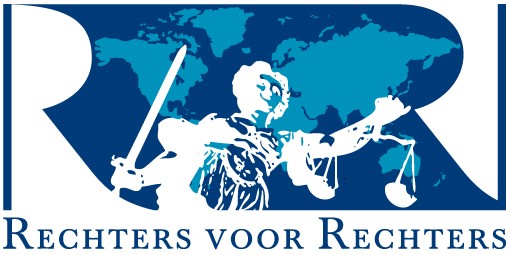
Like the ICJ, the Bar Association of Sri Lanka (BASL) issued a statement strongly condemning the impeachment of Chief Justice Bandaranayake.
The BASL called on its members to refrain from attending Court or engaging in any professional duties on 10 and 11 January 2013 in protest of Parliament’s decision to move forward with the impeachment process. The statement is reproduced below:
The Bar Association of Sri Lanka strongly, unequivocally and with no reservations whatsoever condemns the decision to take up for debate the impeachment motion against her Ladyship the Chief Justice Dr. Shirani A. Bandaranayake based on the findings of the Parliamentary Select Committee which was quashed by the Court of Appeal and determined to be unlawful by the Supreme Court. The Bar Association has decided to call for all its members (in 78 Branch Associations) to refrain from attending to any Professional duty in protest on the 10th and 11th of January 2013 to express our deplorable condemnation. Continue reading Bar Association of Sri Lanka calls for a two-day strike to protest impeachment motion
